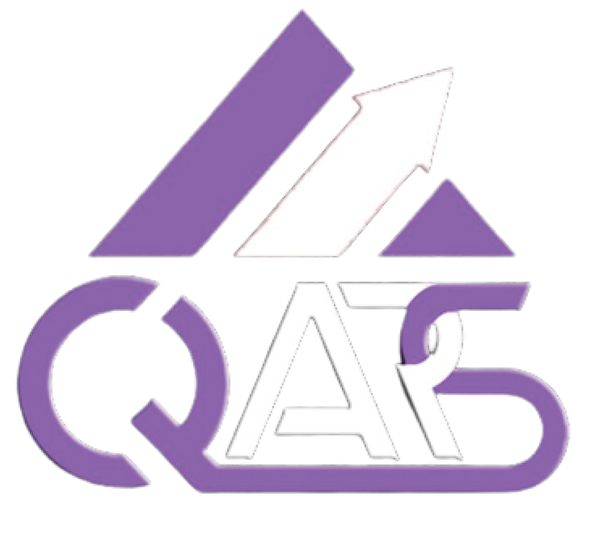STANDARDS CERTIFICATION

Standards certification is the process of having a product, service, or system evaluated by an independent body to ensure that it meets a specific set of standards.
Standards are voluntary guidelines or specifications that establish a common level of quality or performance for a particular product, service, or system. They are developed by experts in the field and may be published by national or international standards organizations, such as the American National Standards Institute (ANSI) or the International Organization for Standardization (ISO).
Certification bodies are accredited organizations that are authorized to assess conformity with standards. They typically conduct audits of the applicant's facilities, processes, and products to determine whether they meet the requirements of the standard. If the applicant meets all of the requirements, the certification body will issue a certificate of conformity.
There are many different types of standards certifications available, covering a wide range of industries and products. Some of the most common examples include:
- ISO 9001: Quality management systems
- ISO 14001: Environmental management systems
- ISO/IEC 27001: Information security management systems
- ISO 45001: Occupational health and safety management systems
- AS9100: Quality management systems for the aerospace industry
- IATF 16949: Quality management systems for the automotive industry
- CMMI: Capability Maturity Model Integration for software development
- PCI DSS: Payment Card Industry Data Security Standard
Standards certification can offer a number of benefits to organizations, including:
- Improved quality and performance
- Increased customer confidence
- Reduced costs
- Improved market access
- Regulatory compliance
To become certified, an organization must typically follow a number of steps, including:
- Choose the appropriate standard(s) for their needs.
- Implement the requirements of the standard(s).
- Have their system audited by a certification body.
- Correct any non-conformities that are identified.
- Receive a certificate of conformity from the certification body.
Once an organization is certified, they must maintain their certification by undergoing regular audits.
Standards certification can be a valuable tool for organizations of all sizes. It can help them to improve their quality and performance, increase customer confidence, and reduce costs.
